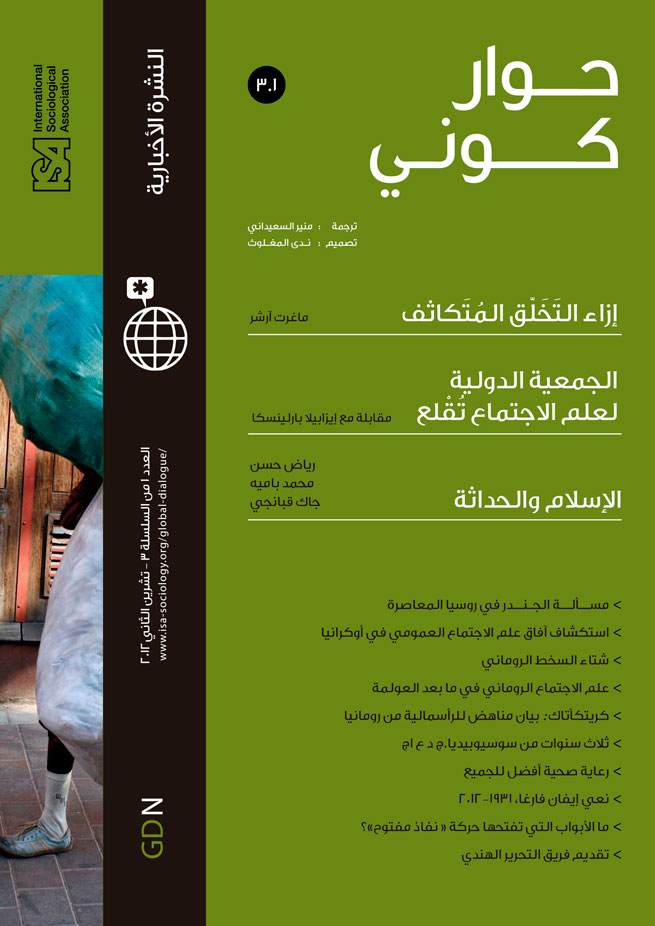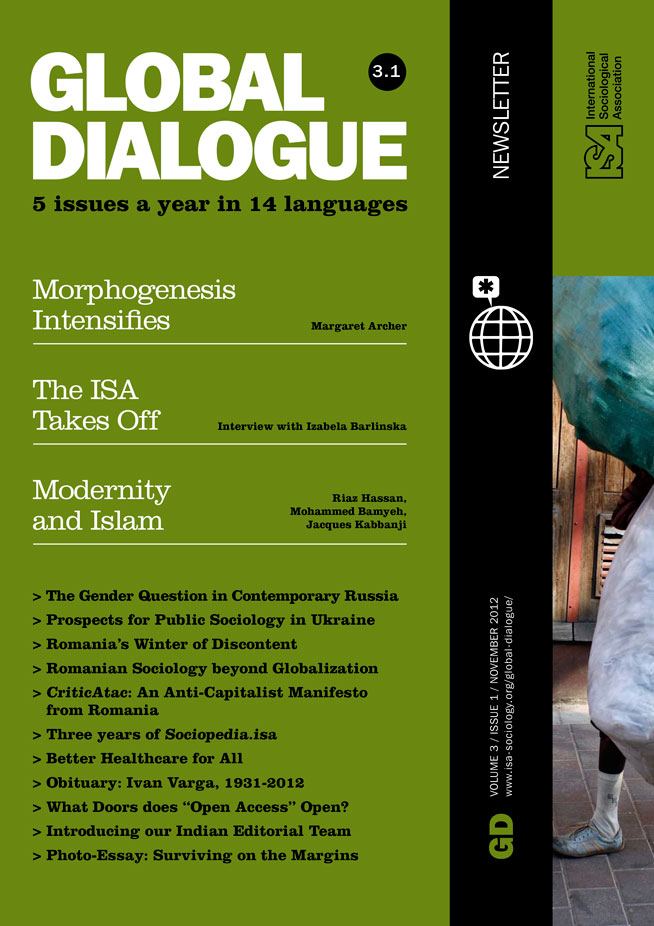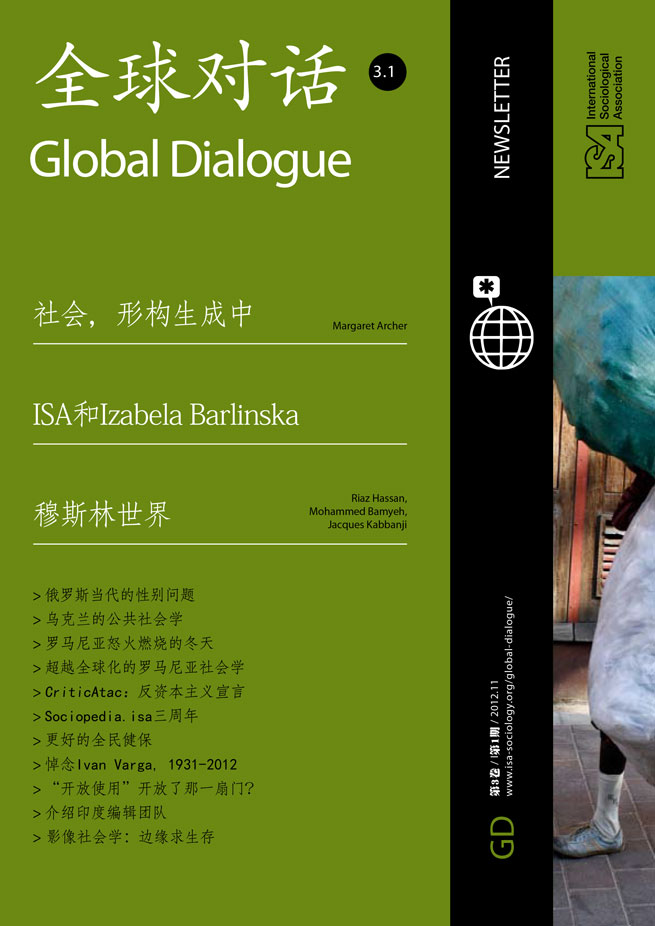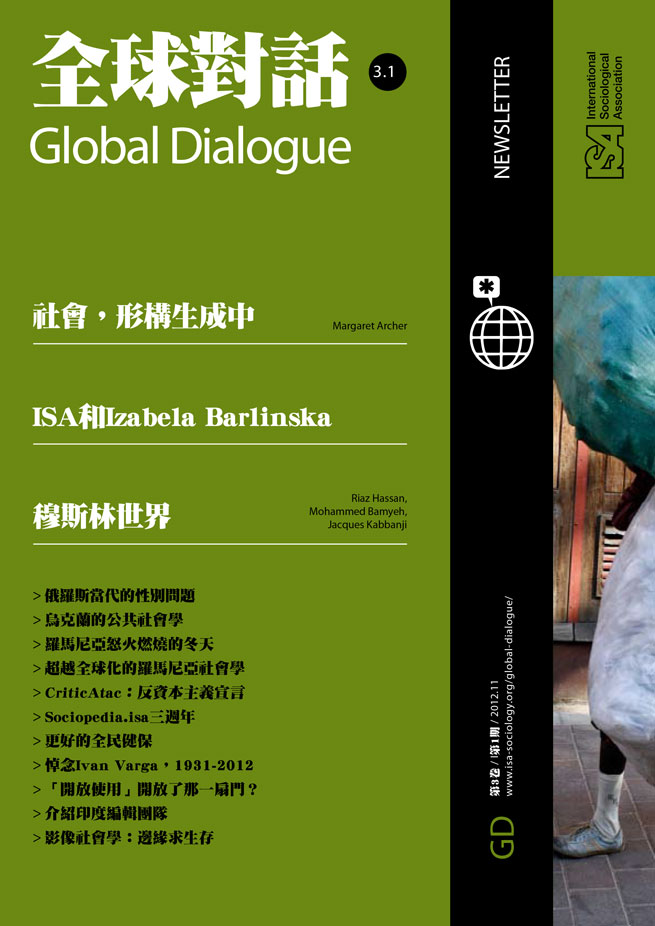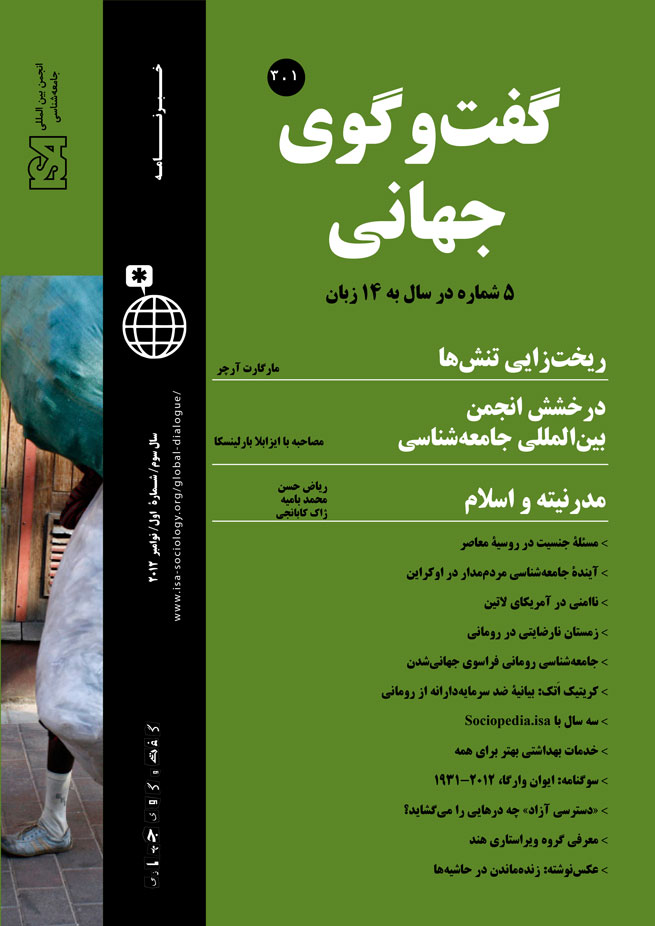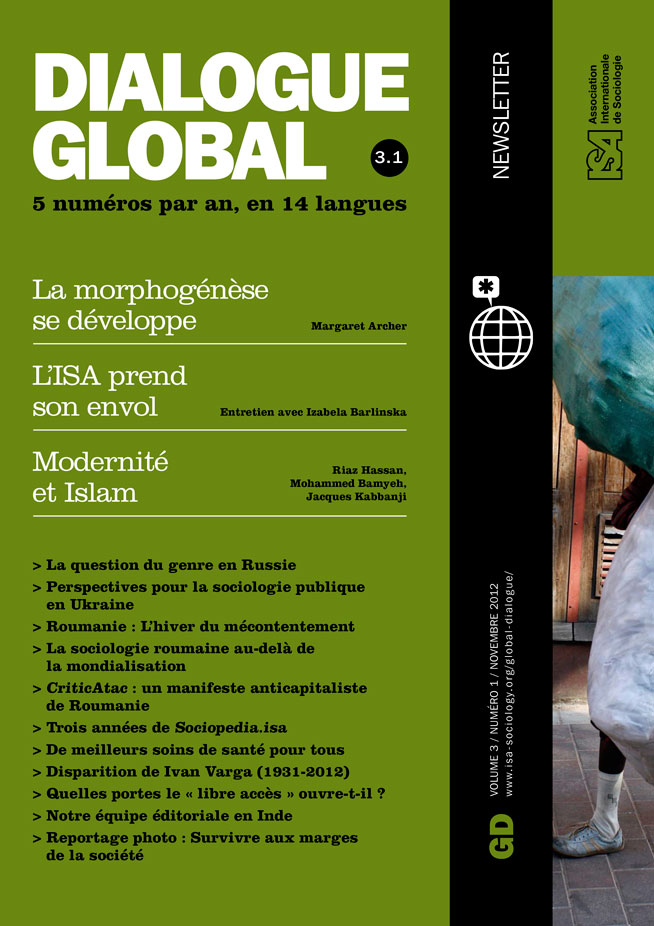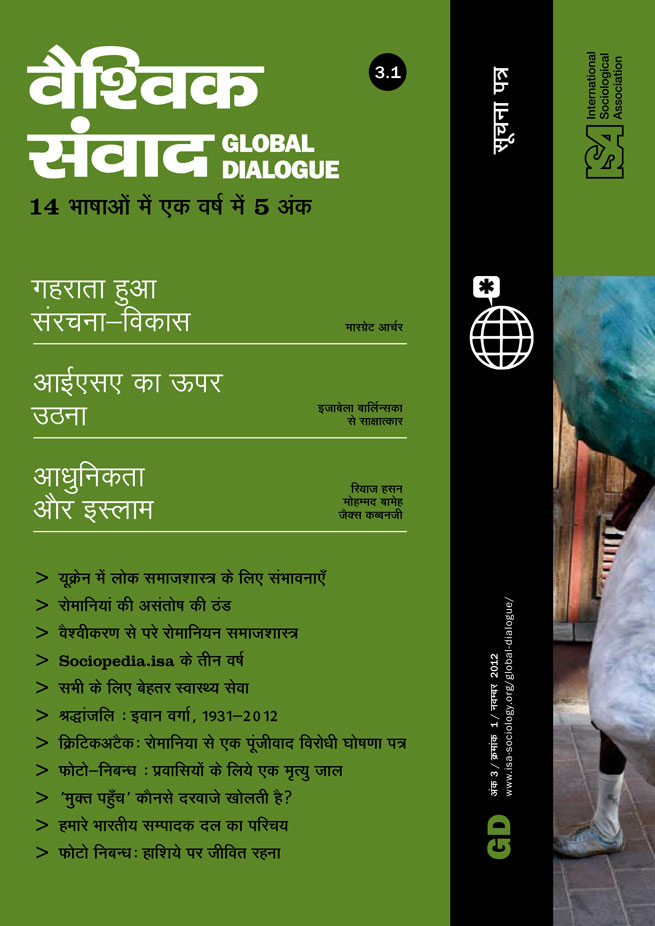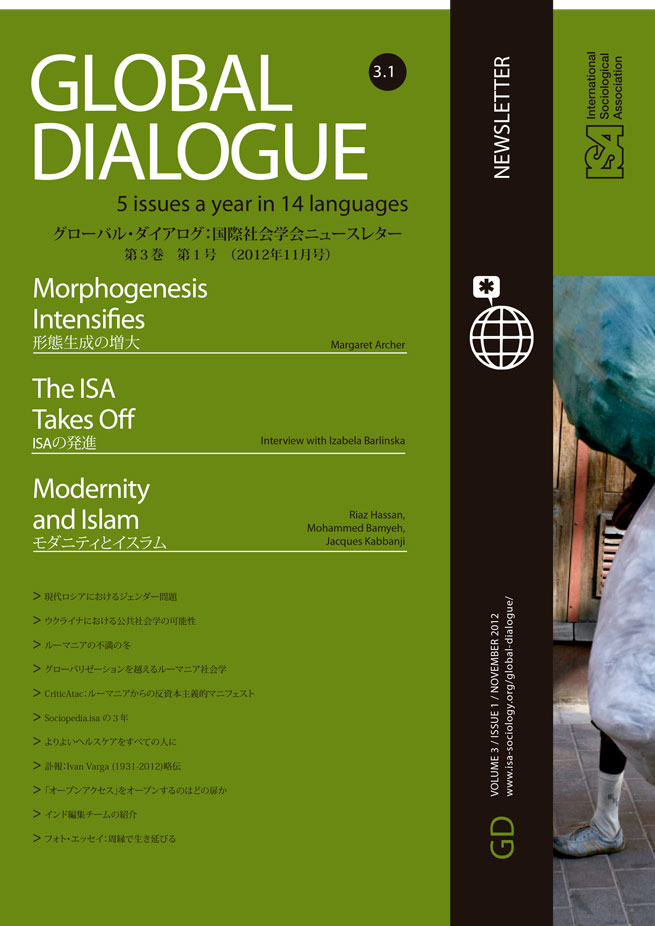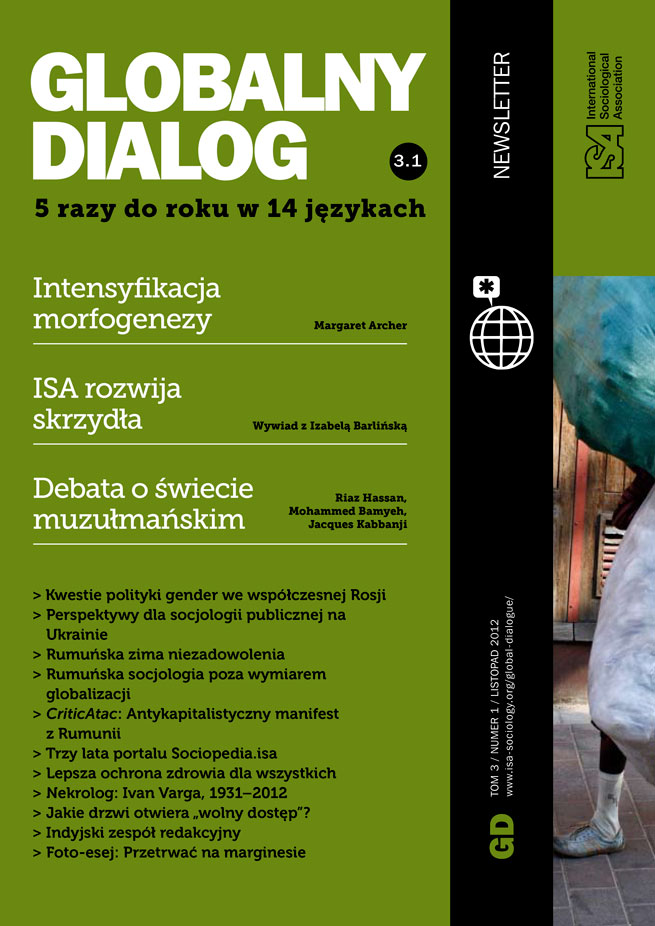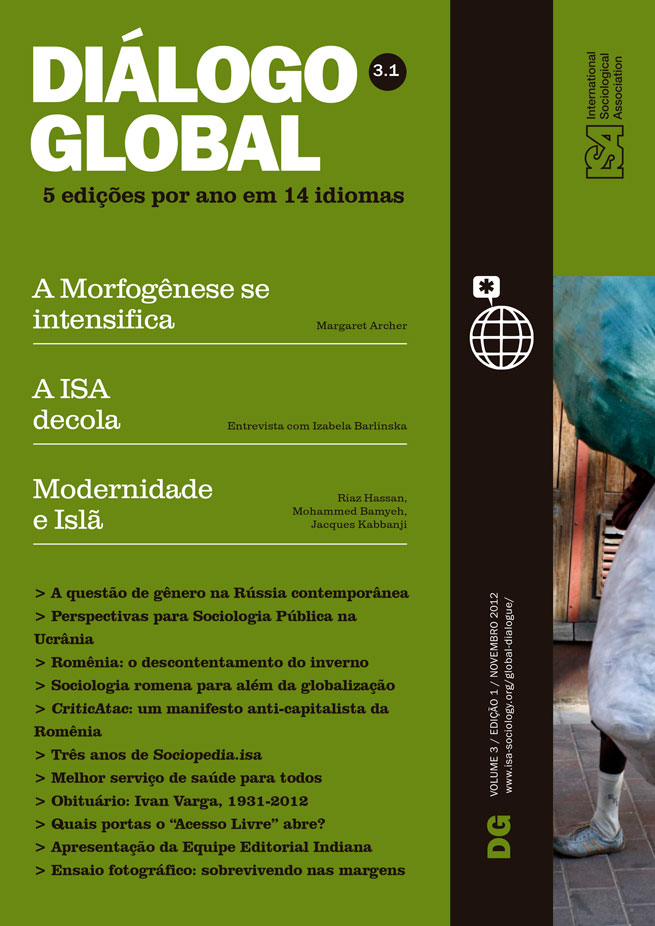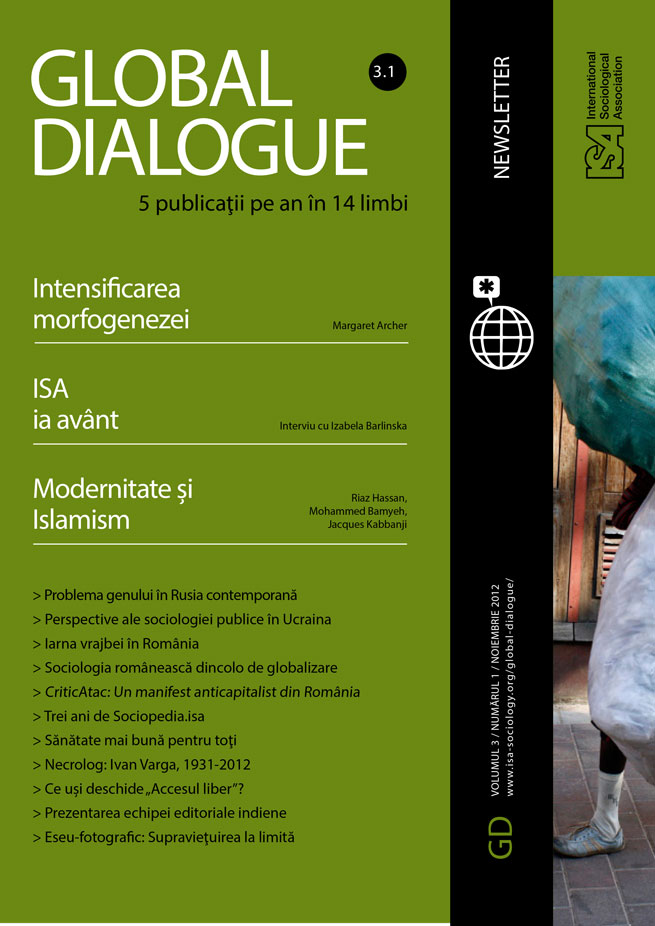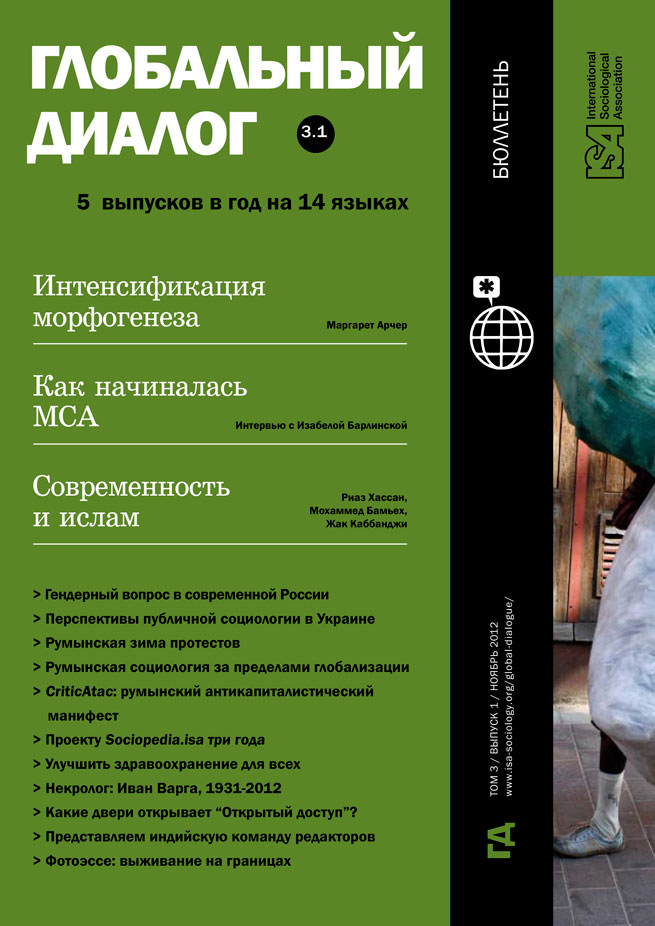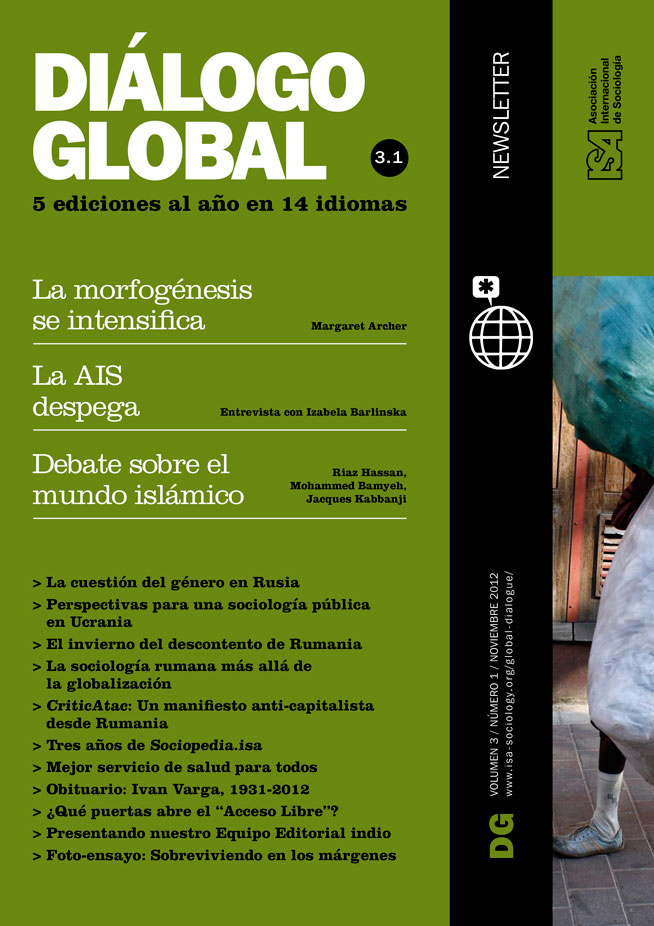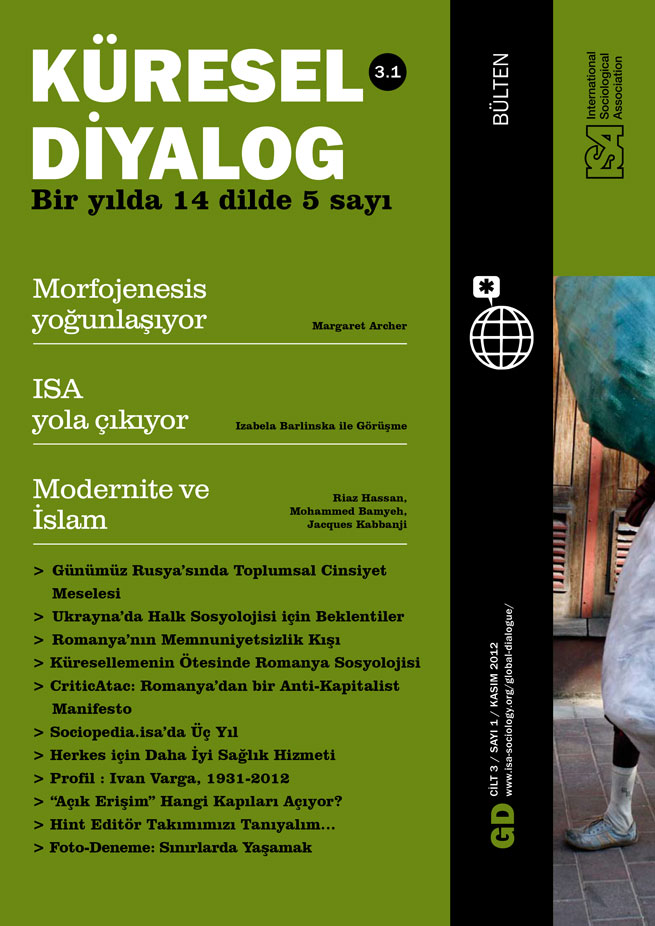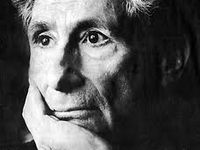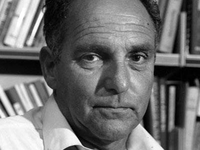Response to Hassan: On Reducing Complexity to Deficits
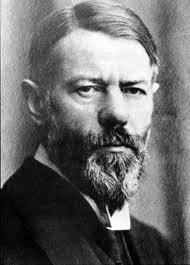
October 28, 2012
As should be obvious to anyone, “freedom,” “development,” and “knowledge” deficits are quite distinct concepts. They are also complex: how one evaluates them depends entirely on how one defines them, and this can vary significantly. Discussing any single one of these concepts satisfactorily in a single short article is hard to imagine, much less all of them in the same short breath, across ten centuries and while covering the entire massive Muslim world. It is, therefore, not surprising that Riaz Hassan not only offers nothing new here, but unfortunately confuses the picture even further. And he does that precisely in a revolutionary period when fresh perspectives are most needed, and also possible. After all, such perspectives could draw on the ever increasing wealth of current sociological and anthropological knowledge of Muslim societies, movements and institutions.
Instead of referencing this new literature, as one would expect, Hassan revives old views that have time and again proved themselves to be exhausted. To begin with, ever since Max Weber, the question as to why other people in the world have not become like Europe, has only lost rather than gained in conceptual clarity. This question does not begin by considering how different societies may have developed functioning forms of civil order, from which we might actually learn something. Rather the question begins by approaching them as a “problem” to be explained, since they are not like Europe. And even if this is granted as a legitimate question, the possible answer, as Hassan duly notes, can vary immensely, and therefore one has to approach it with care, nuance and patience. For example, when social historians of the Muslim world know well that Islamic economic laws were followed in diverse ways, and were openly violated, sometimes with an explicit license from the religious establishment itself, it is hard to grant that Timur Kuran explains adequately the entire history of Islamic economics: a simple look at the text of Islamic law does not tell us how it was applied (or not) in practice within highly different environments and across different time periods (for more nuanced and illuminating accounts, see especially Gran, Abu-Lughod, Owen, among many others).
The Muslim world is large, old, complex, and tremendously varied. Those who sought to study the world empirically as a unit tended to discover that the more data they assembled, the more varied it appeared. For example, when Moataz Fattah (2008) sought to study Muslim attitudes toward democracy worldwide, he came to what I think should have been the starting premise, namely that the Muslim world is a number of different worlds. Hassan himself cites evidence that the Muslim world is diverse and cannot be taken as a coherent unit for what he himself is examining, yet strangely this observation leaves no effect on his analysis. Equally strange, he remains with the notion that Islam is somehow connected to or responsible for a knowledge deficit, even as he cites two recent exceptions to that trend (Turkey and Iran). Those exceptions remain unexplained, like everything else in Hassan’s outline that does not support grand but ultimately simplistic claims.
And when we have very substantial evidence that shows colonialism to be the fundamental turning point at which economic prospects shifted decisively away, not only from Muslims but from the whole colonial world, in the direction of Europe, Hassan simply cites approvingly, without any discussion, those authors who deny that colonialism should be blamed for anything. When other evidence shows a divergence within the Muslim world with regard to democratic prospects, Hassan explains that divergence by endorsing another highly problematic thesis by Eric Chaney: the democratic deficit among Muslims is to be traced to Arab political culture and Arab social structures.
Astonishingly, this thesis (substantiated by a truncated historical narrative that can actually be read in the opposite way from Hassan’s reading, via Chaney) is mentioned as a sufficient explanation for the lack of Arab democracy, precisely at a time when the Arab world is witnessing the greatest democratic revolutions in modern history! It is also mentioned without any consideration of any of the global public opinion polls on democratic attitudes since 2001, which tended to show the general affinity of Muslims for the basic attributes associated with democracy. For example, a series of Gallup polls covering Muslim majority countries that house 80% of the world’s Muslims, showed strong support for such concepts as political freedom, liberty, fair judicial systems, and freedom of speech, and that on most key indicators, Muslim attitudes to democracy and liberty differed little especially from those of US respondents (see Esposito and Mogahed, 2008). All this evidence is ignored, in favor of poor empirical support for poorly defined propositions.
Overall, when one seeks to explain modern conditions in terms of historical traditions, one has to be exceptionally careful in ways that are not in evidence here. Those who lived in the 13th century, for example, could scarcely be blamed for their lack of commitment to liberal values as we understand them today. But they could be analyzed in terms of what worked for them. Until modernity (however we periodize it), the question of social order for Muslims and non-Muslims was a question of systems of mutual obligations that had evolved over centuries, for which the state was far less central than it is today (see for instance Lapidus, 2002). Thus the fact that a certain group, for instance religious scholars, occupied a key role in old civic cultures is not something that can be meaningfully discussed in terms of modern democracy. It can be meaningfully discussed in terms of how Muslims cultivated flexible and multiple civic cultures that organized social life under different circumstances and time periods.
If history is to play a part at all in our analysis, we would need a rich historical sociology and not simplistic formulas. The former would show how Muslims have always striven to give meaning to their social life under highly different environments, and also how they have cultivated a “convivial” (as Olivier Roy has called it) sense of religion itself. That convivial religion had included important liberties and a principled acceptance of diverse rather than uniform tradition. Muslims did not need to learn about pluralism, for example, from Europe. But this principle, along with other liberties associated with the convivial tradition that had been the norm everywhere for centuries, came into disuse precisely as Europe came to Muslims in the form of “modern” colonial administrations, succeeded by strong postcolonial states. This authoritarianism is modern, not ancient.
Understanding this rich historical picture would give us a meaningful historical sociology that also has some bearing on present attitudes. But nothing is less illuminating than denouncing the ancients for not having developed a democratic culture, or for not having prepared us for it, or for not having become Europeans early enough.
References
Abu-Lughod, J. (1989) Before European Hegemony. New York: Oxford University Press.
Esposito, J. and Mogahed, D. (2008) Who Speaks for Islam? What a Billion Muslims Really Think. New York: Gallup Press.
Fattah, M. (2008) Democratic Values in the Muslim World. Boulder: Lynne Rienner.
Gran, P. (1979) Islamic Roots of Capitalism: Egypt, 1760-1840, Austin: University of Texas Press.
Lapidus, I. (2002) A History of Islamic Societies. Cambridge: Cambridge University Press.
Owen, R. (1981) The Middle East in World Economy: 1800-1914. London: Methuen.
Mohammed A. Bamyeh, University of Pittsburgh, USA, and Editor of the International Sociology Review of Books

